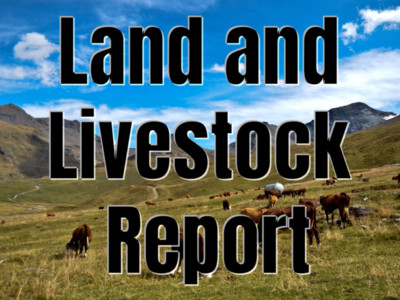GMO Study Hopes to Open Doors in Europe

Tim Hammerich
News Reporter
A large study collaboration between U.S. and Swiss researchers found that genetically modified Bt corn has little impact on non-target insects and other organisms. The impact is especially smaller when compared to growing conventional corn and the pesticides needed to control threats. Steve Naranjo is a recently-retired scientist with USDA’s Agricultural Research Service.
Naranjo… “It's not necessarily new news. I mean, the evidence since this thing was introduced in 1996 was kind of pointed in that direction. But this is, perhaps, the most rigorous attempt to look at the data to answer the question.”
Naranjo collaborated with two researchers from Switzerland with an eye on proving the benefits of GMO commodities to European regulators.
Naranjo… “In Europe, the only GM crop allowed to be grown is one type of Bt maize and nothing else. Whereas in many other parts of the world, like the U.S.. we have Bt corn, we have Bt cotton, we have herbicide-tolerant corn, we have herbicide-tolerant cotton, we have herbicide-tolerant soybeans. The technology has been adopted in some parts of the world with more gusto than in other parts of the world. And so the point of it was more to educate the European regulators and the European scientists.”
Naranjo and his two Swiss colleagues conducted a meta-analysis to get their findings.












